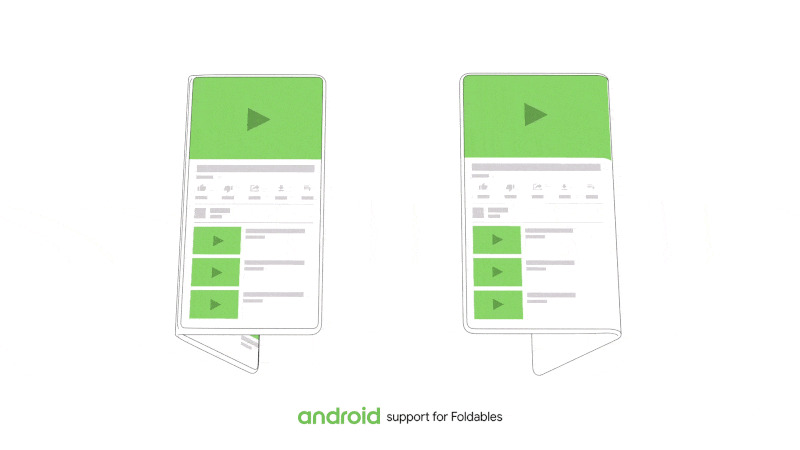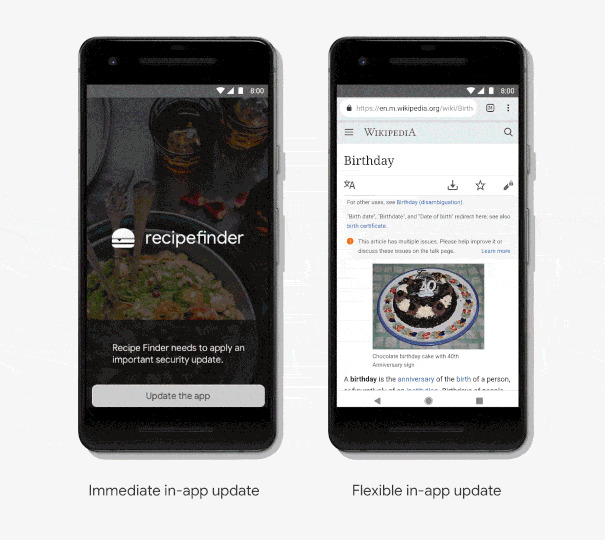Android Dev Summit: everything you need to know
You'd be forgiven if this news flew under your radar. With all the hype over Samsung's foldable phone hogging the spotlight, it was almost too easy to miss out on some things that will benefit not just Samsung but all Android users at large. Coincidentally at the same time as Samsung's developer conference, Google kicked of its own Android Dev Summit over at Mountain View, unloading a ton of goodies Android users can look forward to. And, yes, Google is making sure Android is ready for the new foldable trend.
It's definitely encouraging to see Google acting more quickly to make sure that OEMs won't stray too far from the fold, no pun intended. That happened with cutouts, a.k.a. notches, in Android 9 Pie though, admittedly, Google was just catching up with what was already in the market. This time, though, it's being a bit more proactive while there aren't much foldable phones in the market. Just Royale FlexiPai, to be exact.

Google doesn't mention when it will come but it's already optimizing Android for foldables. It calls the feature "screen continuity" and it will let you seamlessly switch between a phone form factor UI to a bigger tablet-sized screen. Android will also support both types of foldable screens, which Google has dubbed "two-screen" and "one-screen".
While that might be the headlining announcement at the Android Dev Summit, that's hardly the only significant one. There is, for example, a new In-app Updates API that could change the way users will update their apps. In a nutshell, they will no longer have to leave the app just to update it. With an Immediate In-app update, they can stay in the app and just wait for the update to be downloaded and applied. With a Flexible mode, users can keep using the app while the download happens in the background.

Google as long ago introduced the idea of Instant Apps, versions of Android apps that can be used without installing anything first. The idea is to let users try out an app before making a commitment to install or, more importantly, buy an app or game. Google will soon be empowering developers to take Instant Apps to the next level by increasing the app limit to 10 MB, which makes sense for trying out games. Developers will also be able to create just one app bundle for both Instant and normal installed apps to lessen the amount of work they have to do.
While many of the announcements at the Android Dev Summit are naturally aimed at developers, they have implications for end users as well. With Android Slices becoming available in Search experiments, users will soon be able to take action right within search results, be it playing a video or booking a flight. And with Android Studio becoming officially supported on Chrome OS early next year, more developers will be able to make Android apps using Chromebooks, expanding the reach of Android development to more devices and people.
